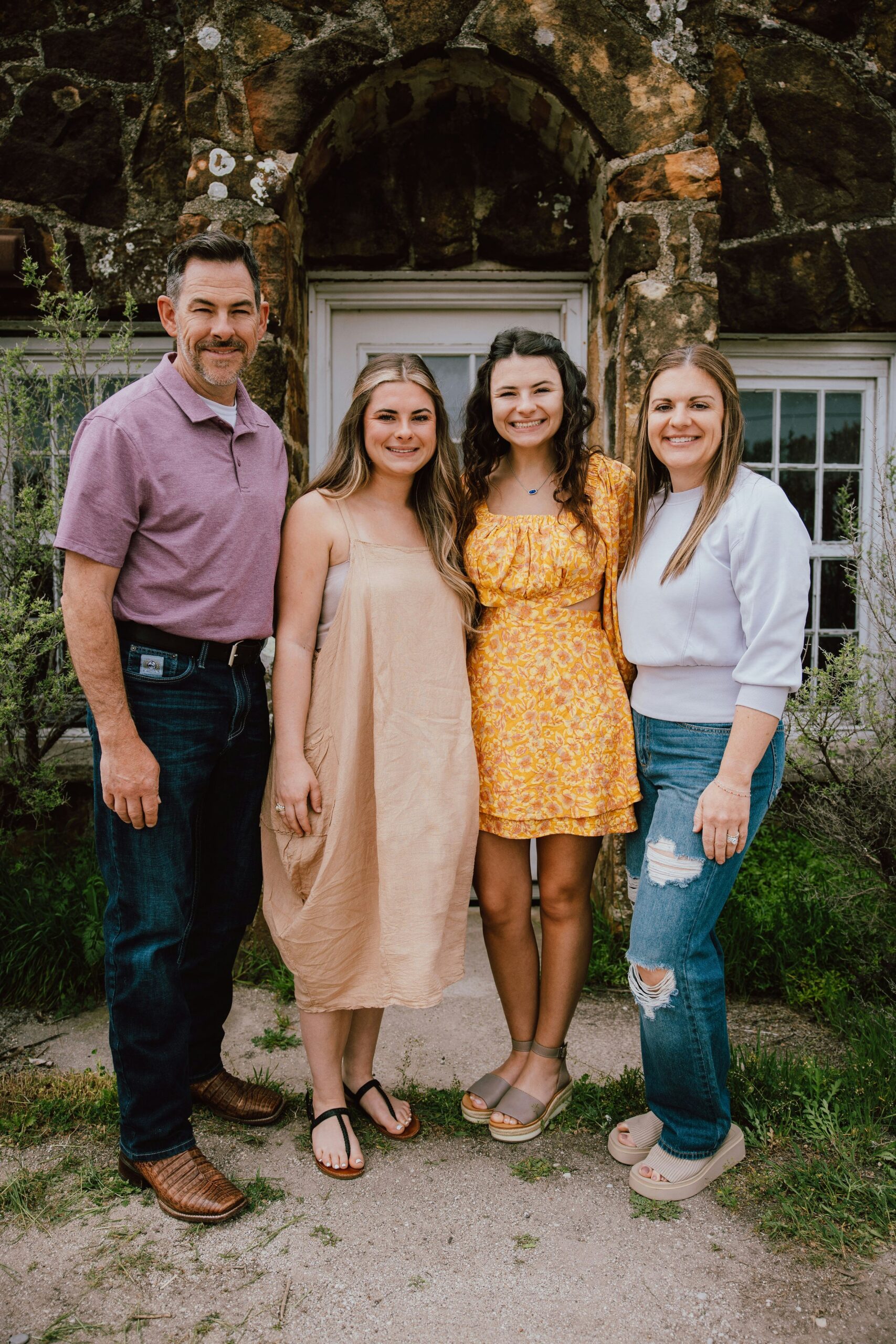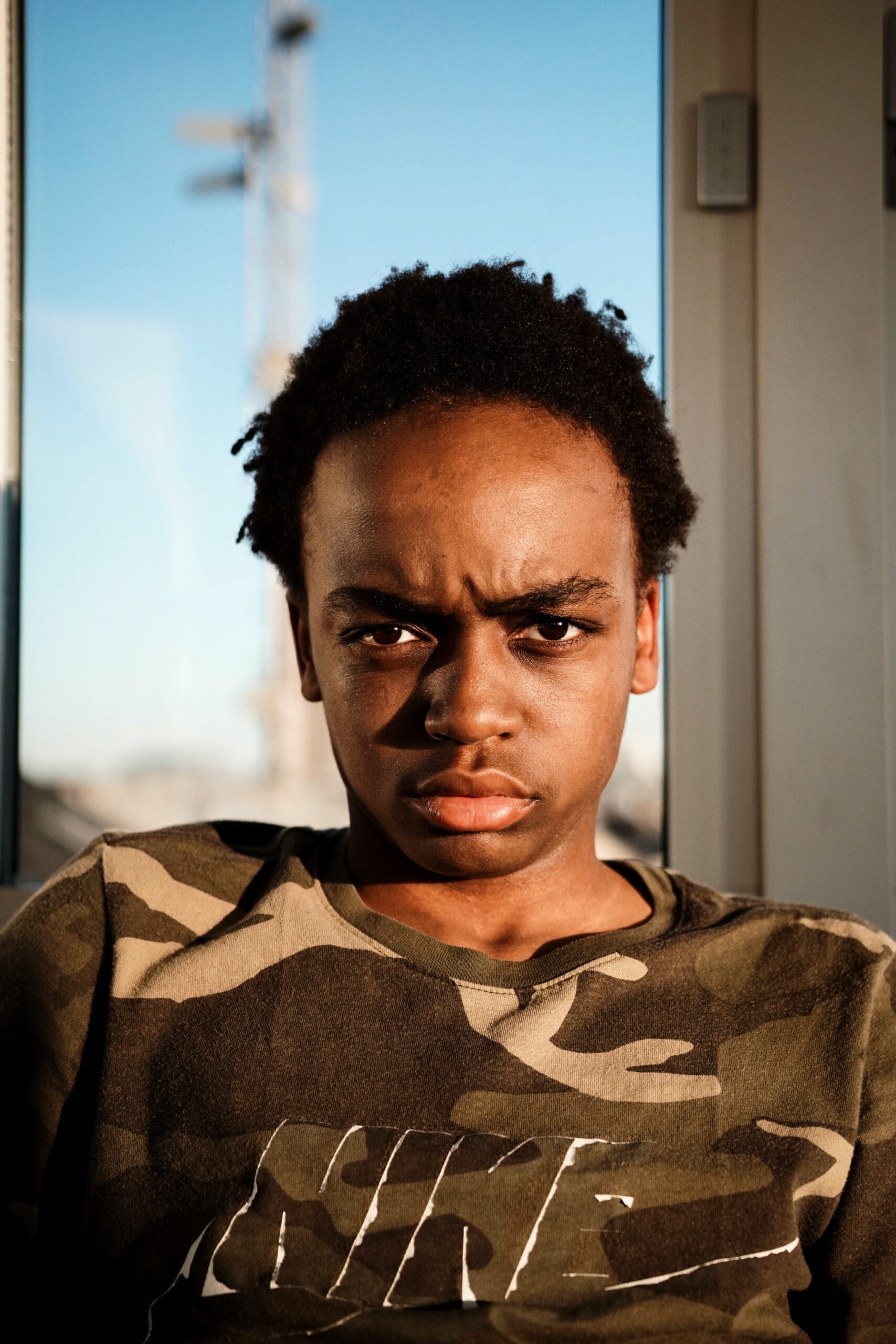Ontario coroner’s panel recommends tracking 1st responder #suicides, new provincial #mentalhealth agency

#Policeofficers need better and clearer #mentalhealthandsuicideprevention resources, recommends a report by a panel assembled by Ontario’s chief coroner.
The report, released Wednesday, was written by members of the policing community and #mentalhealthprofessionals on the panel, which was formed after nine officers killed themselves in 2018.
Its release comes just days after an Ottawa police officer died by suicide at police headquarters on Friday.
The report stresses the need to end the #stigma around #mentalhealthissues for #police members, from before they are recruited, through basic training and throughout their careers, as well as for members of the public.
#Policeofficers “have this commitment to duty, despite the personal costs that may occur,” said Dr. Dirk Hyer, Ontario’s chief coroner.
“[#Policeofficers] are people who have great responsibility within our society and yet they’re also under significant scrutiny and accountability for their action,” he told CBC Radio’s Ottawa Morning.
“When they have difficulties, whether they be #mentalhealthissues or others, then it’s very binary in the decision: they’re fit for duty or they’re not.”
When they’re declared not fit for duty, he said that decision can change their identity as an officer or as a person and significantly add to their struggles.
#JamesDonaldsononMentalHealth –
Welcome to the “next chapter” of my life… being a voice and an advocate for #mentalhealthawarenessandsuicideprevention, especially pertaining to our younger generation of students and student-athletes.
Getting men to speak up and reach out for help and assistance is one of my passions. Us men need to not suffer in silence or drown our sorrows in alcohol, hang out at bars and strip joints, or get involved with drug use.
Having gone through a recent bout of #depression and #suicidalthoughts myself, I realize now, that I can make a huge difference in the lives of so many by sharing my story, and by sharing various resources I come across as I work in this space. #http://bit.ly/JamesMentalHealthArticle
Changing attitudes
Part of the problem stems from the fact that around 40 per cent of calls #policeofficers attend are #mentalhealth calls, he said.
When #officers are suffering, they don’t want to associate themselves with the type of people they see on those calls, which leads them to deny their symptoms.
Officers can both #stigmatize themselves and face stigmatization by others within their organization. But by normalizing #mentalhealthissues they can then be looked at the same as a physical injury, allowing the officers to receive treatment early and being able to return to work.
Death review committee
Among the panel’s 14 recommendations is the creation of an Ontario Police Members Mental Health Collaborative, made up of people from #police service boards, police associations, #policeofficers, their family members and #mentalhealthproviders.
The group would be charged with finding gaps and overlaps in the #mentalhealth support network, and report on any progress twice a year to the office of the solicitor general, who’s responsible for law enforcement in Ontario.
It would also aim to work at reducing barriers for members needing immediate help, by encouraging a “no-wrong-door” mindset across the province where there aren’t any barriers to getting #mentalhealth support.
The panel suggests the need to ensure suitable staffing, so that if an officer needs to take time off for their #mentalhealth, others aren’t overworked.
Another recommendation is that the office of the chief coroner develop policy to keep track of any first-responder #suicides, and hold a “death review committee” for each #policeofficer.
Need for better resources
The panel found the nine offices who took their lives had one main thing in common; stop-start patterns in their treatment that lasted months or even years.
Barriers to access are a continuing problem, whether it be members working out of smaller detachments, in rural settings, when they don’t have access to outside psychologists or have limited benefits.
It also found there were problems with #officers being treated by clinicians with little to no expertise on policing or trauma, clinicians refusing to provide care at fees paid out by insurance companies or the Workplace Safety and Insurance Board or the affordability of #mentalhealthservices in general. Furthermore, officers and their families often have to choose between short-term high quality care or longer-term “questionable” care, the report said.
The panel calls for universal access to quality care for police and civilian members in Ontario with #mentalhealthprofessionals who have knowledge of policing and trauma.
In a statement to CBC News, Solicitor General Sylvia Jones said the ministry is reviewing the panel’s recommendations.
She said the province is “committed to providing resources and supports for officers and their families,” pointing to internal programs offered through the Ontario Provincial Police and external ones with organizations, such as Badge of Life and Wounded Warriors.
“The brave #men and #women of our police services put their lives on the line each and every day to protect and serve the people of Ontario, and we are determined to do all we can to ensure they remain healthy and ready to serve.”



